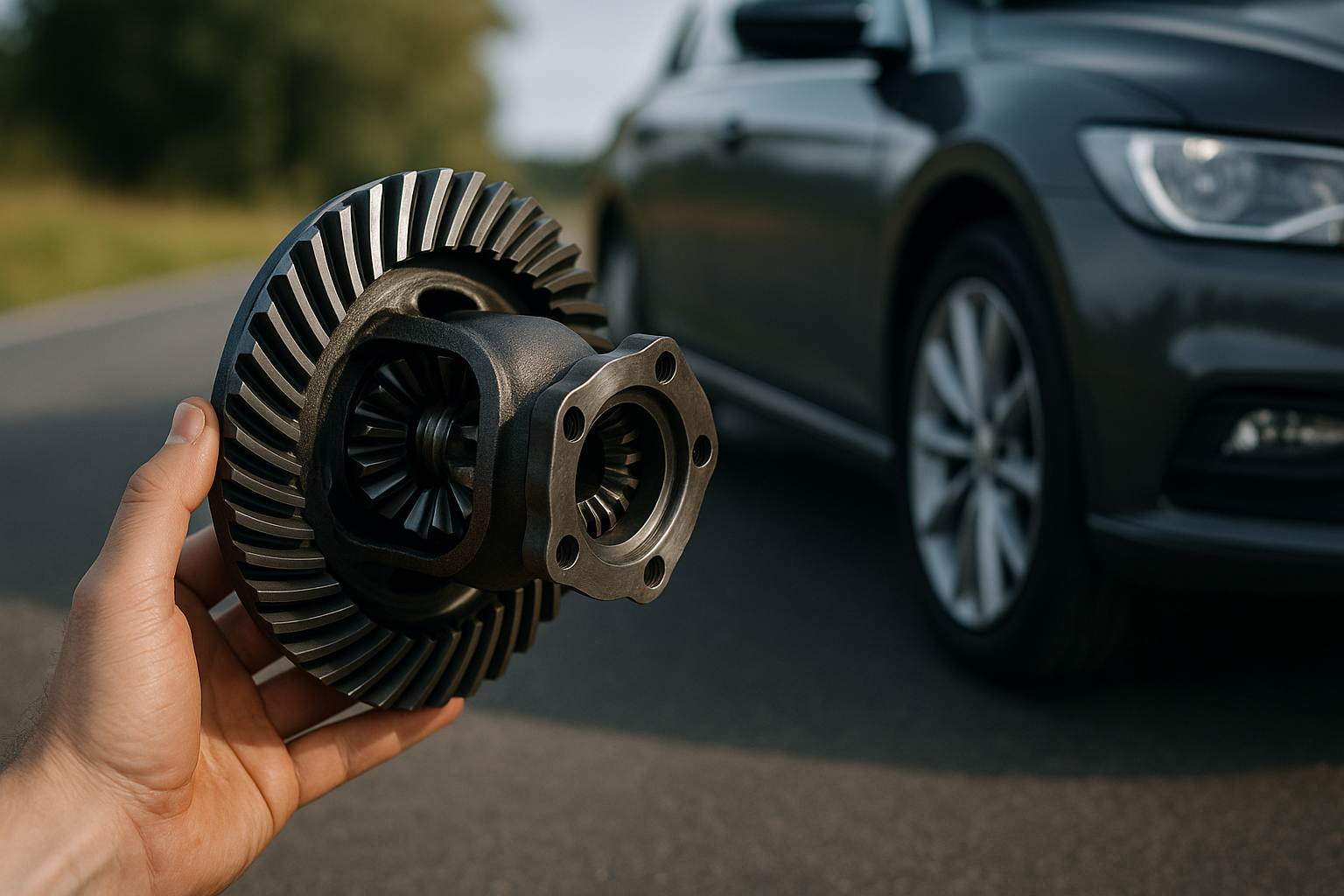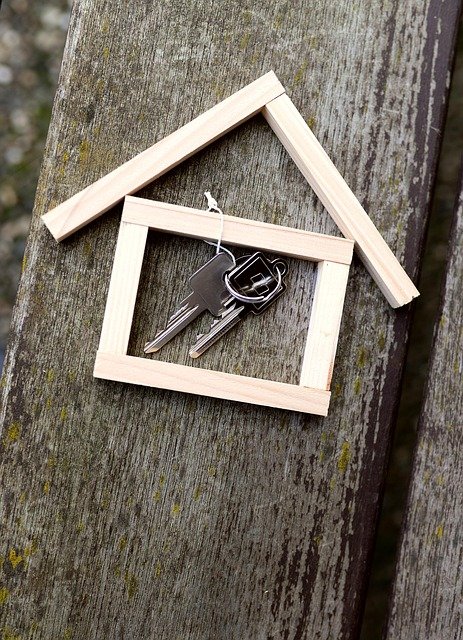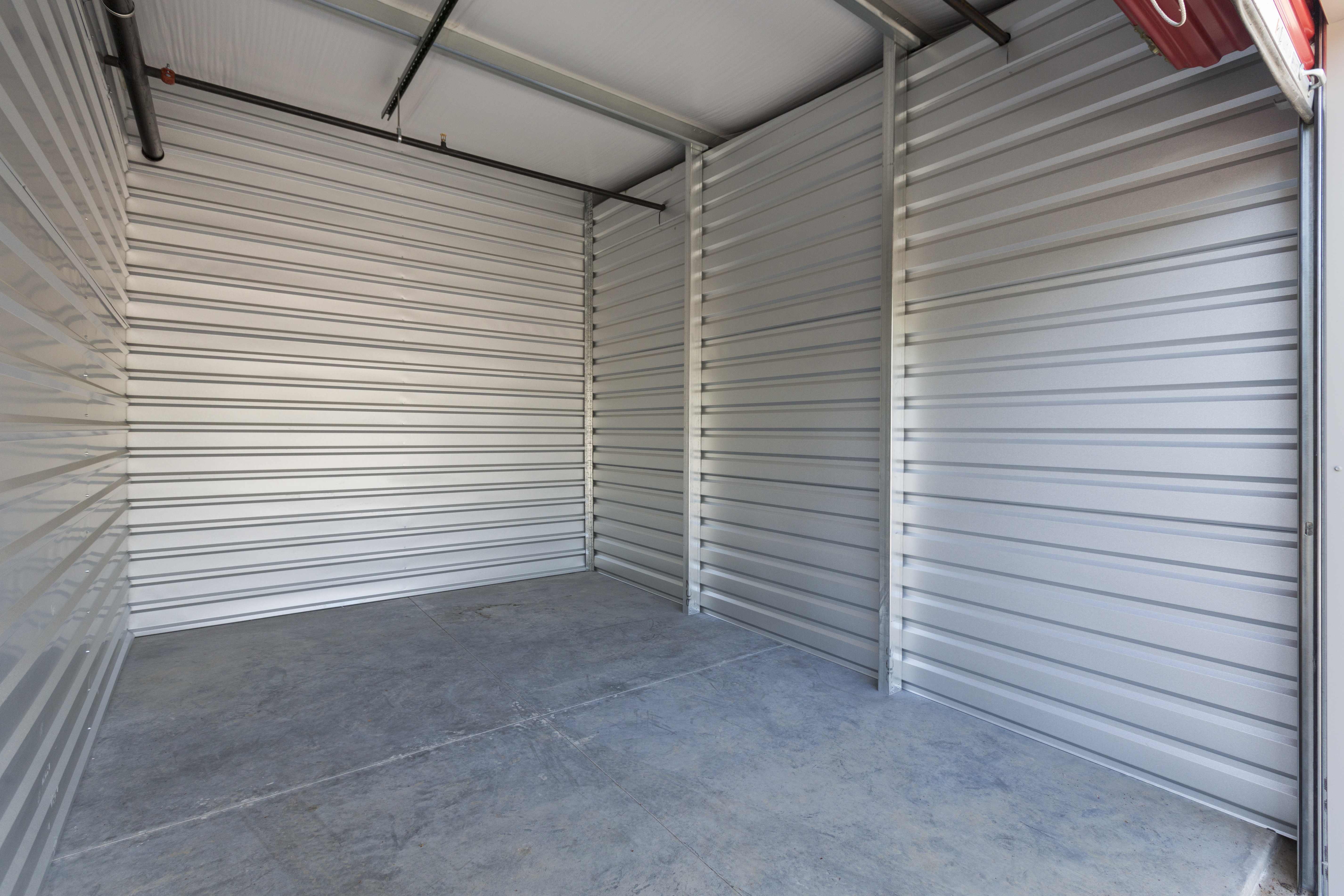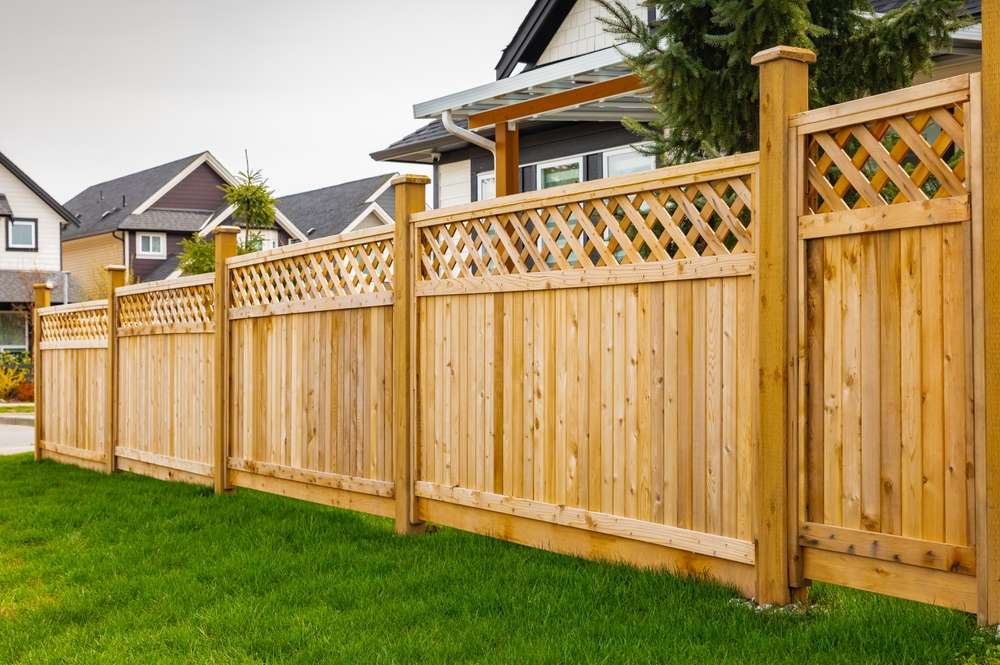Finding the Perfect Used Motorcycle: Your Complete Buying Guide
Explore a wide variety of used motorcycles deals available through certified sellers and dealerships. Many buyers are drawn to well maintained options that offer strong performance, fuel efficiency, and reliability without the cost of a brand new model.

Where to Find Reliable Used Motorcycles Deals
Finding trustworthy sources for used motorcycles is perhaps the most crucial first step in your buying journey. Certified dealerships offer the advantage of professionally inspected motorcycles that often come with limited warranties. These dealers typically perform multi-point inspections, address mechanical issues, and provide service records before listing bikes for sale. Many major manufacturers like Harley-Davidson, Honda, and Yamaha operate certified pre-owned programs that include additional benefits such as roadside assistance.
Online marketplaces have revolutionized the used motorcycle buying process. Websites like Cycle Trader, eBay Motors, and Facebook Marketplace connect buyers directly with sellers across the country. These platforms offer extensive filtering options to narrow searches by make, model, year, price range, and location. However, purchasing through private sellers requires additional due diligence, including thorough inspections and title verification.
Motorcycle auctions represent another avenue worth exploring. Companies like Mecum and Bonhams host specialized motorcycle auctions where enthusiasts can find everything from everyday riders to rare collectibles. Many auction houses now offer online bidding options, expanding access for potential buyers regardless of location.
How to Compare Prices on Used Motorcycles
Determining fair market value requires research and attention to multiple factors. The motorcycle’s age, mileage, condition, and maintenance history significantly impact pricing. Kelley Blue Book (KBB) and NADA Guides provide trusted valuation tools specifically for motorcycles. These resources consider market trends, seasonal factors, and regional pricing variations to generate accurate estimates.
Comparing similar models across multiple platforms helps establish a realistic price range. Pay attention to how modifications affect value—some upgrades like quality exhausts or suspension components might justify higher prices, while others (especially cosmetic changes) may not add proportional value. Remember that asking prices typically include room for negotiation.
Seasonal factors strongly influence motorcycle pricing. In many regions, prices peak during spring and summer when riding conditions are optimal. Shopping during fall and winter months can yield significant savings, sometimes 10-20% lower than peak season prices for the same motorcycle.
Things to Know Before Buying a Used Motorcycle
A thorough inspection is non-negotiable when purchasing a used motorcycle. If you lack mechanical knowledge, consider bringing a knowledgeable friend or paying for a professional inspection. Key areas to evaluate include engine compression, transmission operation, chain or belt condition, tire wear, brake components, and electrical systems. Cold starts reveal much about an engine’s health that warm starts might mask.
Documentation provides crucial insights into a motorcycle’s history and legal status. Request service records to verify regular maintenance. Check the VIN against theft databases and ensure it matches all documentation. A clear title without liens is essential—never purchase a motorcycle without proper title transfer.
Test riding reveals characteristics that visual inspections cannot. Pay attention to how the engine performs throughout the rev range, whether the transmission shifts smoothly, and if the brakes operate effectively. Consider how the riding position suits your body type and intended use. Even a brief test ride can reveal potential issues worth addressing before purchase.
Understanding Used Motorcycle Pricing
The market for used motorcycles varies significantly based on the type, brand, and model. Sport bikes typically depreciate faster than cruisers or touring motorcycles due to their higher likelihood of aggressive riding. Premium brands like Ducati and BMW generally command higher resale values than their Japanese counterparts, though they may also require more specialized maintenance.
| Motorcycle Type | Typical Price Range (3-5 Years Old) | Average Depreciation Rate | Maintenance Consideration |
|---|---|---|---|
| Sport Bikes | $4,500 - $8,000 | 15-20% per year | Moderate to High |
| Cruisers | $6,000 - $12,000 | 10-15% per year | Moderate |
| Adventure | $7,500 - $15,000 | 12-18% per year | Moderate to High |
| Touring | $10,000 - $18,000 | 8-12% per year | Moderate to High |
| Standard | $3,500 - $7,000 | 15-18% per year | Low to Moderate |
Prices, rates, or cost estimates mentioned in this article are based on the latest available information but may change over time. Independent research is advised before making financial decisions.
Negotiating and Finalizing Your Used Motorcycle Purchase
Armed with research and inspection results, approach negotiations confidently but respectfully. Reference market values when discussing price. Be prepared to walk away if the seller isn’t realistic about their motorcycle’s value or condition. Consider requesting maintenance records or recent service work as part of the deal.
Once you’ve agreed on terms, ensure proper documentation is completed. This includes a bill of sale with both parties’ information, the agreed price, and the motorcycle’s details including VIN. Some states require additional documentation for title transfers and registration. Check your local DMV requirements before completing the transaction.
After purchase, consider immediate maintenance regardless of the motorcycle’s apparent condition. Fresh oil and filter, brake fluid check, tire inspection, and chain maintenance provide peace of mind and establish a maintenance baseline for your new-to-you motorcycle.
Conclusion
The used motorcycle market offers exceptional value for informed buyers. By researching reliable sources, comparing prices across platforms, and conducting thorough inspections, you can find a quality motorcycle that meets your needs without the premium cost of buying new. Remember that patience often yields the best results—waiting for the right motorcycle at the right price is typically more rewarding than rushing into a purchase. With proper research and due diligence, your used motorcycle can provide years of enjoyable, economical riding.




